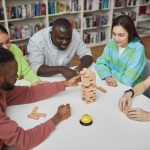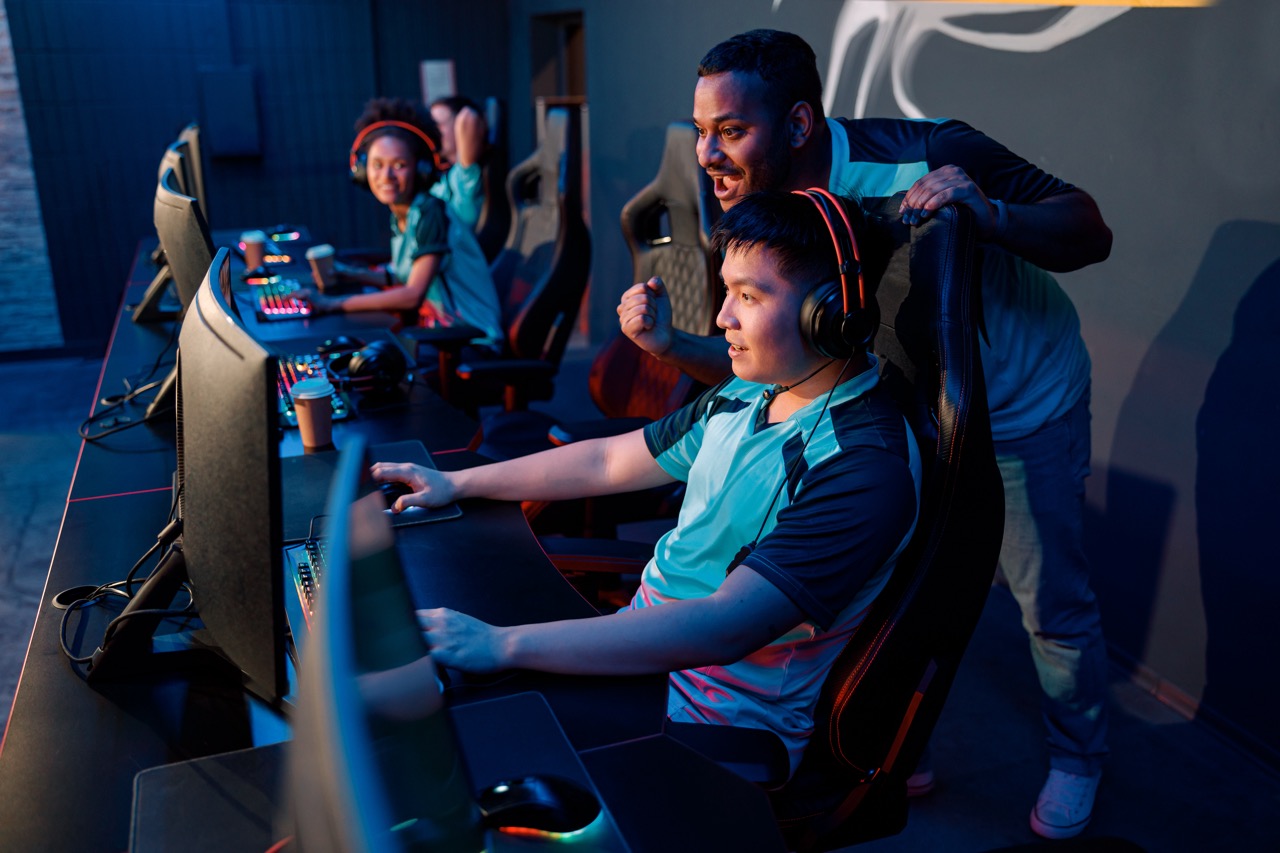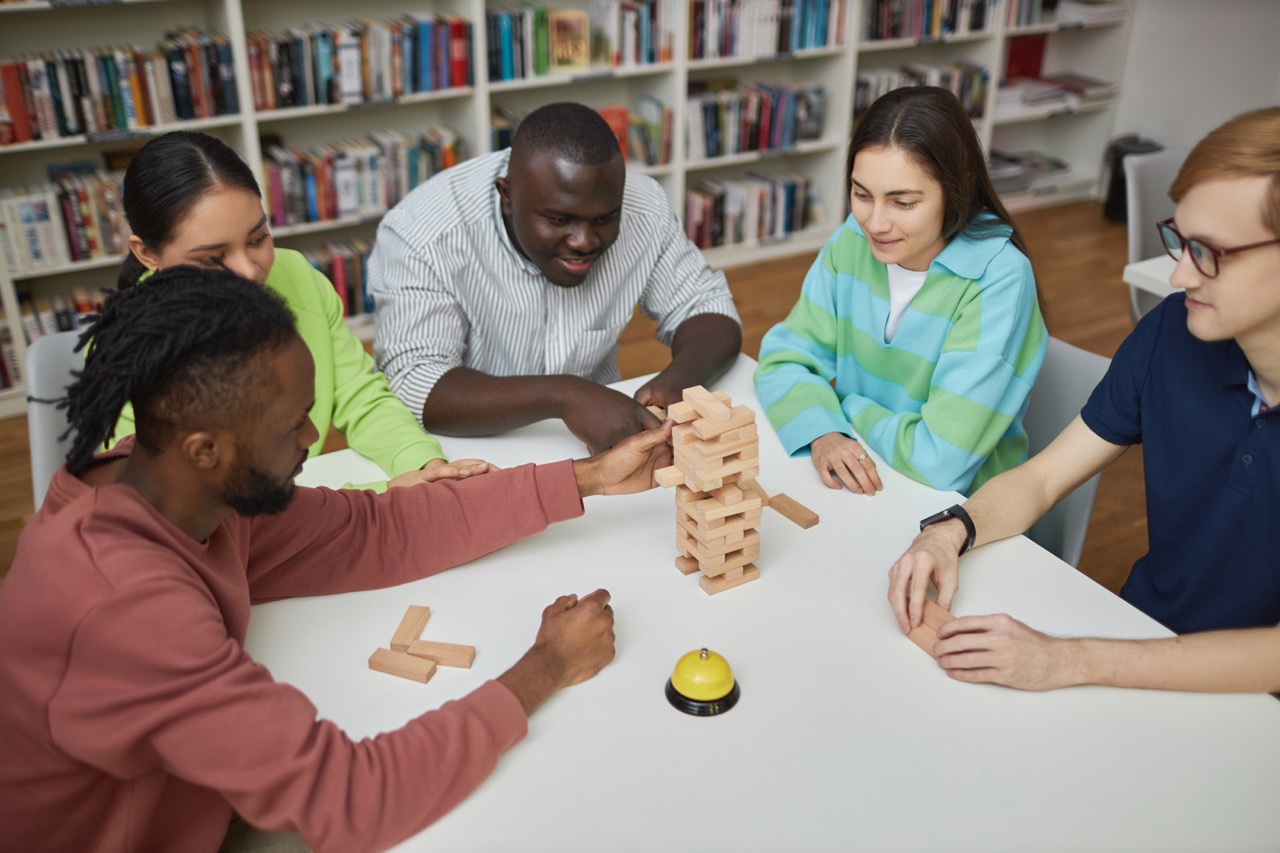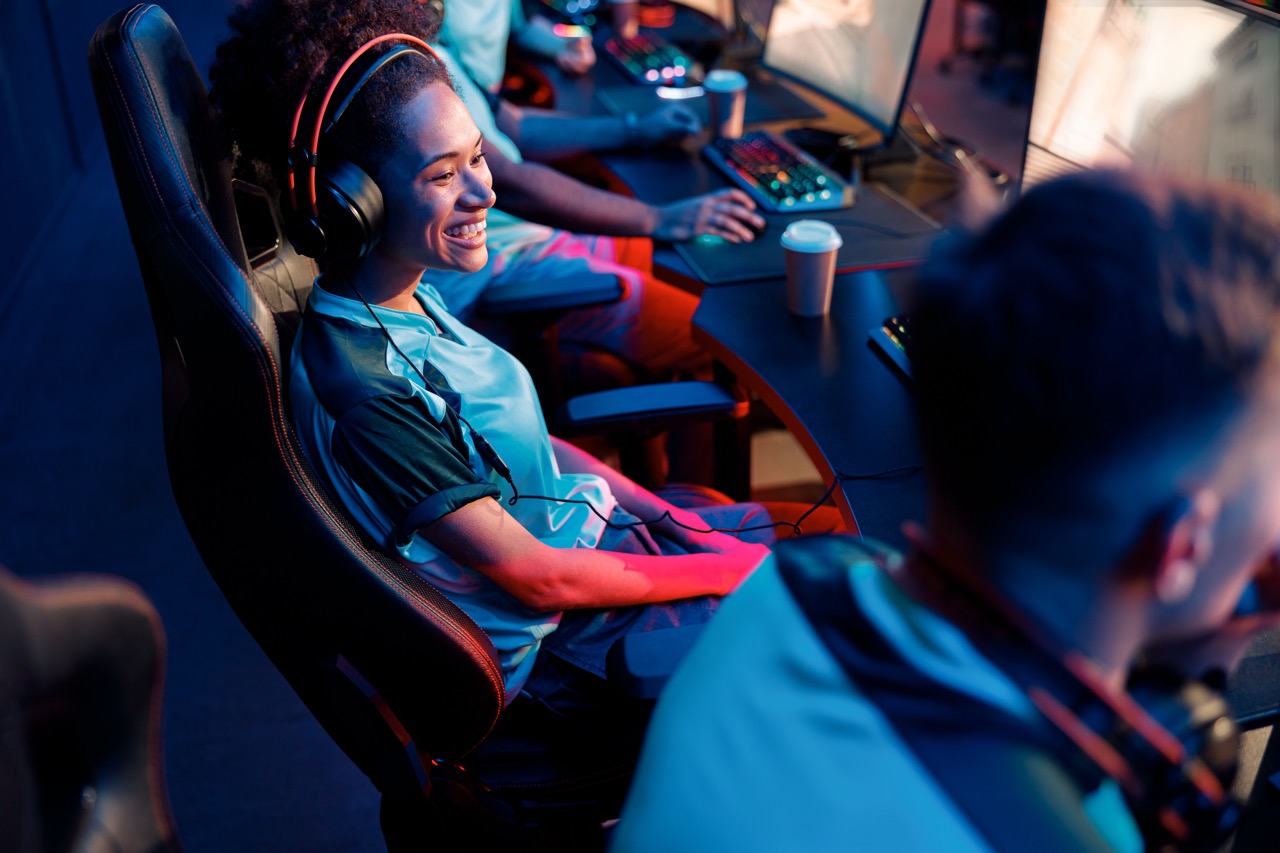The Legend of Zelda franchise has captivated gamers for decades, weaving rich narratives filled with adventure, mystery, and the eternal struggle between good and evil. As fans dive deeper into the lore, many fan theories have emerged, offering fresh perspectives on beloved characters, timelines, and the world of Hyrule itself. In this article, we’ll explore some of the wildest theories that have sparked conversation among fans, each adding a unique twist to the ongoing saga of Zelda.
Unpacking the Wildest Zelda Fan Theories Out There
If there’s one thing Zelda fans excel at, it’s theorizing. From the intricate connections between games to the hidden meanings behind character choices, fan theories abound. One of the most talked-about theories is that the series is actually a cyclical timeline, where Link, Zelda, and Ganondorf are destined to reincarnate and battle each other through various eras of Hyrule. This concept brings a new level of depth to each game, allowing fans to see characters through multiple lenses as they fulfill their roles across time.
Another intriguing theory suggests that the various Links throughout the games are simply manifestations of the same soul. This idea posits that the Hero’s spirit is passed down through generations, awakening in response to the rise of evil. This theory adds a layer of emotional depth to Link’s character, suggesting that he carries the weight of past heroes’ experiences, memories, and perhaps even their failures. It creates a sense of continuity in a series that often reinvents itself with each new installment.
In the realm of fan theories, the concept of Hyrule being a creation of the goddesses themselves is often debated. Some fans speculate that the land itself might be alive, evolving in response to the actions of its inhabitants. This theory opens up fascinating questions about the nature of reality within the game and how the world of Zelda reflects the struggles between Light and Dark. Could Hyrule itself be a character in its own right?
Lastly, there’s the wild theory that Zelda is actually the reincarnation of the goddess Hylia. This theory posits that her connection to Hylia gives her unique powers and responsibilities, linking her fate with the ongoing battle against evil. If true, this would elevate Zelda from a damsel in distress to a central figure in the fight for Hyrule, emphasizing her agency and importance in the overarching narrative.
Is Link Actually the Hero of Time Reincarnated?
One of the most prevalent theories among fans is the idea that Link is the Hero of Time reincarnated. This theory primarily draws upon the events of "Ocarina of Time," where a young Link emerges as the chosen hero to save Hyrule from Ganondorf. Supporters of this theory point to the recurring themes of time travel and destiny throughout the series, suggesting that Link’s journey is not just about defeating evil, but also about fulfilling a cosmic role that spans across generations.
This idea is bolstered by the various appearances of Link throughout the series, from the time-defying mechanics in "Majora’s Mask" to the more recent adventures in "Breath of the Wild." Many fans speculate that each incarnation of Link carries the memory of past battles, influencing his abilities and motivations. This creates a sense of continuity, allowing players to connect with Link on a deeper level as they consider the weight of his legacy.
However, some theorists argue against the notion of a single reincarnated Hero of Time, suggesting instead that each Link represents a different facet of heroism. This perspective posits that while they share a common purpose, each incarnation might bring their unique qualities and strengths to their respective adventures, allowing for a broader interpretation of what it means to be a hero in Hyrule.
Despite the ongoing debate, the theory of Link as the Hero of Time reincarnated continues to resonate with many fans, as it encapsulates the timeless struggle against evil and the cyclical nature of fate. As new games are released, fans eagerly look for hints and connections that could validate or challenge this theory, keeping the conversation alive.
Theories That Link Zelda and Ganondorf’s Origins Together
Another fascinating area of fan speculation revolves around the origins of Zelda and Ganondorf, particularly their intertwined fates. One popular theory suggests that Ganondorf, the King of the Gerudo, has a bloodline directly linked to the royal family of Hyrule. This theory posits that Ganondorf’s desire for power stems from a deep-rooted connection to Hyrule’s ruling class, making the conflict between him and Zelda not just a battle of good versus evil, but a personal struggle tied to their shared heritage.
This idea is reinforced by various pieces of lore scattered throughout the series, hinting at a historical connection between the two. Some fans have pointed to the Gerudo’s unique relationship with the Triforce, suggesting that their pursuit of power may be influenced by a sense of entitlement or a forgotten legacy. By exploring these potential links, fans can paint a more complex portrait of Ganondorf, portraying him as a tragic figure shaped by his heritage rather than merely an evil villain.
Further complicating the narrative are the dualities often present in the series. For example, the balance between light and dark, as represented by Zelda and Ganondorf, suggests a symbiotic relationship rather than an antagonistic one. This leads some fans to theorize that both characters are necessary for the balance of Hyrule, with their destinies inextricably linked—a narrative that has been explored in various forms throughout the series.
As these theories continue to evolve, they open the door to numerous interpretations of Ganondorf and Zelda’s relationship, challenging players to view their encounters through different lenses. This complexity adds depth to the characters, making their struggles against each other more than just a battle for power—it becomes a clash of fates that resonates through the ages.
Are the Triforce and Its Power Just a Big Red Herring?
The Triforce, a central element in the Legend of Zelda series, has long been heralded as the ultimate source of power and wisdom. Yet, some fans theorize that its significance may be overstated, suggesting it could be a red herring designed to distract players from the true essence of the narrative. This theory posits that while the Triforce serves as a plot device, the real power lies in the choices and actions of the characters themselves.
Proponents of this theory argue that the series often places a greater emphasis on themes of courage, friendship, and sacrifice rather than the pursuit of power. By focusing on personal growth and relationships, the games showcase how true strength comes from within, ultimately rendering the Triforce less crucial than it appears. This perspective encourages players to look beyond the mystical relic and examine the deeper messages embedded in the story.
Additionally, fans have pointed out that the Triforce’s true power is rarely fully realized in any game, often causing more problems than solutions. Characters like Ganondorf and Link have both experienced the dangers of wielding such immense power. This inconsistency lends credence to the idea that the Triforce may serve more as a narrative device than an ultimate solution for Hyrule’s challenges.
Ultimately, the notion of the Triforce as a red herring invites players to rethink their understanding of the series. It encourages them to explore the complexities of the characters and their journeys, positing that the real magic lies in the bonds formed, the battles fought, and the choices made along the way.
How Breath of the Wild Changed the Zelda Theory Landscape
With the release of "Breath of the Wild," the Zelda community saw a seismic shift in the landscape of fan theories. This game redefined many of the series’ conventions, introducing a sprawling open world that encouraged exploration, experimentation, and a departure from linear storytelling. As players ventured throughout Hyrule, they began to form new theories about the game’s lore, its characters, and the implications for previous installments.
One significant theory that emerged revolves around the timeline placement of "Breath of the Wild." With the game’s ambiguous position in the overall continuity, fans have debated whether it occurs at the beginning or end of the timeline. This uncertainty has sparked conversations about the cyclical nature of Hyrule’s history, suggesting that each game could be a reflection of a vastly different era, reshaping the perceived connections between them.
The game’s open-ended narrative also led to new interpretations of existing lore. For instance, players began to speculate about the origins of the different races in Hyrule and how they might have evolved over time. This exploration of Hyrule’s diverse civilizations invites deeper discussions about cultural identity and history, enriching the narrative tapestry of the series.
Moreover, "Breath of the Wild" introduced a new level of player agency, allowing for unique experiences that highlighted individual storytelling. This shift has encouraged fans to consider multiple perspectives on the same events, leading to a broader range of theories that explore possibilities beyond the established canon. As a result, the game has not only revitalized discussions about the series but has also encouraged fans to embrace a more inclusive understanding of Hyrule’s lore.
Exploring the Connection Between Zelda and Hyrule’s Past
The rich history of Hyrule has always been a focal point in the Legend of Zelda series, but the depth of its lore has only become more pronounced with fan theories connecting Zelda to the kingdom’s past. One theory posits that Zelda, as a vessel for the goddess Hylia, has a direct link to the creation of Hyrule itself. This connection could imply that her actions and choices throughout the series ripple through time, affecting the fate of the kingdom in profound ways.
Some fans interpret the recurring themes of reincarnation and destiny as a reflection of Hyrule’s cyclical history. This perspective opens the door to speculation about past incarnations of Zelda and their roles in shaping the kingdom’s fortunes. If Zelda embodies the spirit of Hylia, it raises questions about how much she can influence events throughout history and whether her previous










